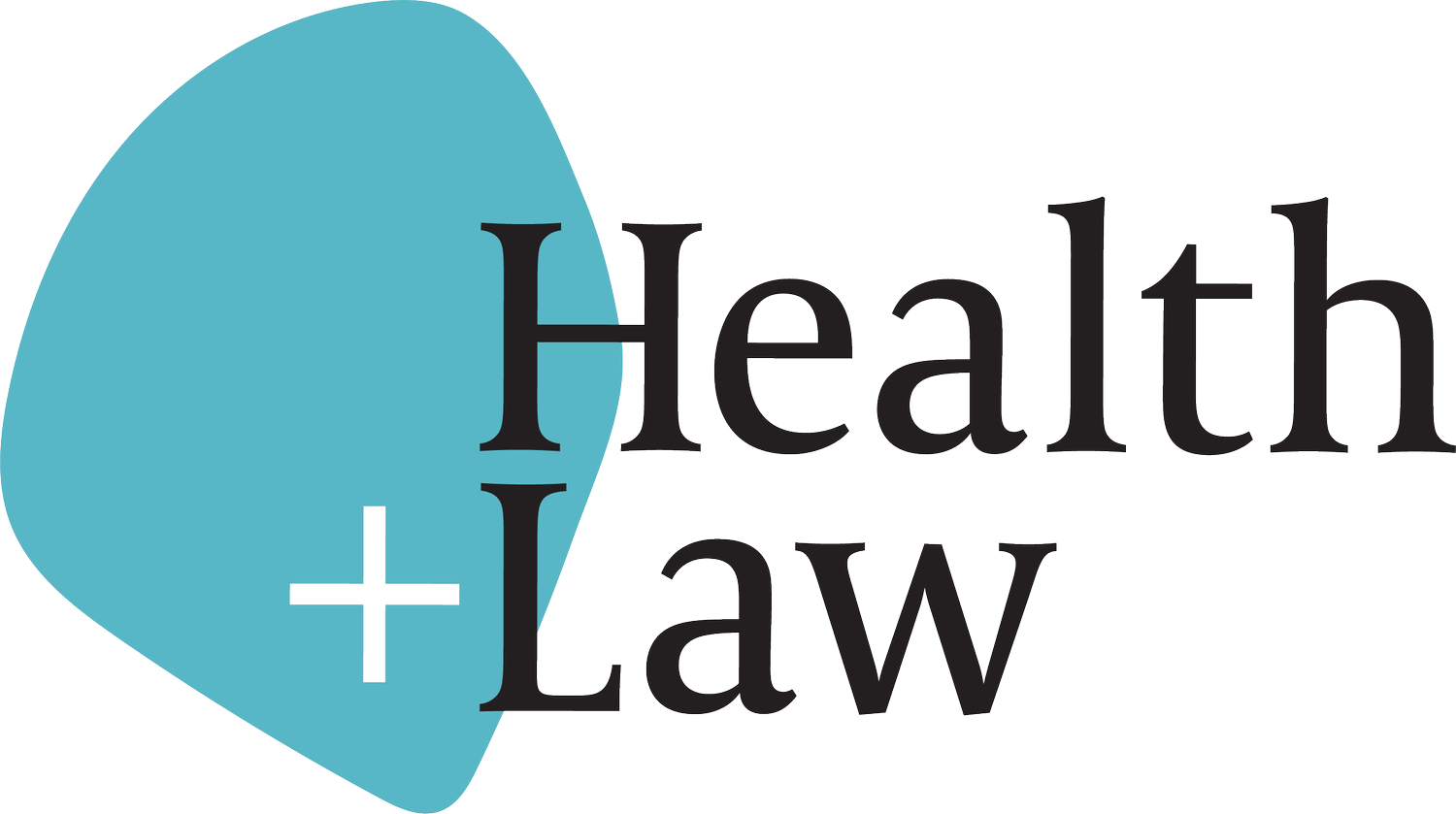Judging Refugees: A New Book by Health+Law Investigator Anthea Vogl on Refugee Narratives and Oral Testimonies
Article written by Louisa Luong
Dr Anthea Vogl is an Associate Professor in the UTS Faculty of Law and a Chief Investigator in the Health+Law partnership. Her research adopts a critical and interdisciplinary approach to the regulation of migrants and non-citizens, with a particular focus on the social and legal categories of the ‘refugee’ and the ‘irregular migrant’. In her recently published book, Judging Refugees: Narrative and Oral Testimony in Refugee Status Determination (Cambridge University Press), Vogl examines the problematic reliance of decision-makers on refugee oral testimonies, which demand applicants present their personal life story in a neat and digestible Anglo-European form.
As Vogl explains:
This book is about the oral testimony of refugee applicants. It is about the oral evidence that refugees are compelled to give, the stories they are required to narrate and the genres of storytelling they are required to master during administrative oral hearings for the assessment of refugee status in Australia and Canada. (1)
This is in spite of the fact that, as she points out, the law itself doesn't require refugees to follow such narrative structures. Nonetheless, the ability of refugees to fashion a ‘good story’ - with a beginning, middle and end - has become a core criteria upon which refugee testimony is assessed.
Judging Refugees draws from 15 refugee oral hearings that took place before the Immigration and Refugee Board of Canada and the Refugee Review Tribunal in Australia between 2012 and 2015. The Refugee Review Tribunal was the predecessor to the Administrative Appeals Tribunal, which is currently in the process of being replaced by the new Administrative Review Tribunal. All such administrative bodies are intended to determine protection claims on their merits, and applicants are required to present their testimony to a single decision-maker.
Through a close examination of testimonial evidence in these hearings, Vogl highlights the discretionary character of refugee decision-making, and the gatekeeping function of credibility assessment. Central to her findings is the significance of what she calls the ‘stock narrative of becoming a refugee’, which involves a ‘fixed, narrow and unimaginative’ storytelling structure of refugeehood based on unacknowledged assumptions and beliefs about the world. Not only does this stock story go on to structure the conduct of hearings, it forms the basis for decision-makers’ interrogation and scrutiny of refugee testimony.
Concerningly, decision-makers scrutinised evidence during hearings by presenting counter-narratives to applicant’s own stories – often fixating on minute details in an applicant’s testimony, such as an injured arm, a phone number, or decisions around what objects were packed before fleeing. In these processes, Vogl argues, decision-makers expose a set of ‘normative expectations’. And, as she writes:
These normative expectations held by decision-makers were often implicit, deeply subjective and difficult to connect to the core elements of the Refugee Convention’s definition of a refugee and its domestic enactments. (155)
Further obstacles to justice emerged in hearings – such as, for example, the manner, sequencing and style of questioning adopted. Applicants were frequently interrupted by decision-makers while providing their testimony, leading to narrative fragmentation. So, while applicants were expected to present evidence in a cohesive and chronological narrative form, they were also – paradoxically – actively impeded from doing so. Vogl concludes that attention to the conduct and quality of the oral hearing is crucial to the evaluation of refugee status determination procedures, a legal process that has remained largely unchanged.
The migration process is one of the major legal issues impacting the everyday lives of people living with HIV and hepatitis B in Australia, including those who are seeking asylum in Australia. As part of her contribution to Health+Law, Vogl’s expertise in migration and refugee applicants’ legal and social experience supports a clearer understanding of the effects of migration status on the health and wellbeing of, and access to justice for, people living with HIV and hepatitis B across the country.
Judging Refugees highlights the importance of people-led narratives to better understand the unique and nuanced experiences of migrants when it comes to their legal issues and legal needs. Their lives rarely fall into the neat narrative constraints that demand ‘chronology, linear causation, closure, a rational interior self or a rejection of uncertainty’ (158). Indeed, the life stories of refugees present the possibilities of imagining narratives ‘outside of the strictures currently placed on refugee applicants’ and a means of ‘recasting the epistemologies and standard stories of the refugee experience found within law and beyond it’ (159).
To find out more about Judging Refugees, visit the publisher’s website here.


